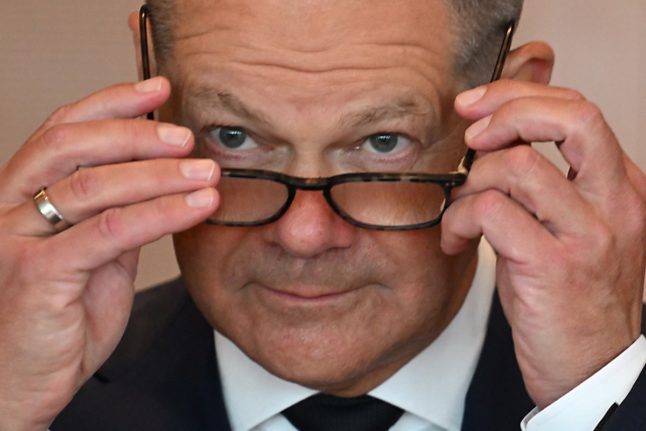In a study presented by the Cologne-based institute on Sunday, the authors showed that a Dexit would cause real GDP to drop by 5.6 percent after just five years. This means that Germany would lose 690 billion euros in value creation during this time.
In addition, Germany as an export nation is dependent on trade with other countries, especially with other EU countries, warned the authors. Companies and consumers in Germany would therefore feel the consequences “clearly” and around 2.5 million jobs would be lost.
The study is based on the consequences of Britain’s exit from the EU, such as the loss of trade agreements and European workers.
Taken together, the losses in economic output in Germany in the event of a Dexit would be similar to those seen during Covid-19 and the energy cost crisis in the period from 2020 to 2023, the authors warned.
Brexit is therefore “not an undertaking worth imitating,” warned IW managing director Hubertus Bardt. Rather, Brexit is a “warning for other member states not to carelessly abandon economic integration.”
Leader of the far-right AfD party Alice Weidel described Great Britain’s exit from the European Union at the beginning of the year as a “model for Germany.”
In an interview published in the Financial Times, Weidel outlined her party’s approach in the event her party came to power: First, the AfD would try to resolve its “democratic deficit” by reforming the EU. If this was not successful, a referendum would be called on whether Germany should remain in the EU.



 Please whitelist us to continue reading.
Please whitelist us to continue reading.
Member comments